Farming
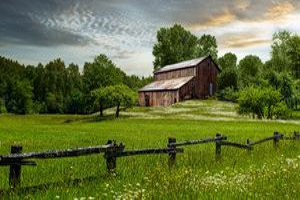
This geography scheme of work for Key Stage One gets the children to identify, describe and compare the location and function of farms in relation to other places and activities including food production using crops and animals. The class can describe how to move between different places on a farm using the four points of the compass.

Identify, describe and compare the location and function of farms in relation to other places and activities including food production using crops and animals
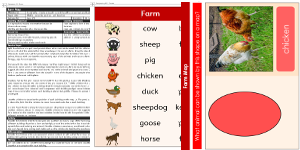
Lesson One : Farm Map
Devise and present a map to name and record some of the different animals and buildings that can be found on a farm in the countryside
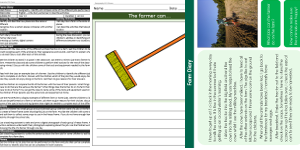
Lesson Two : Farm Diary
Identify and compare some of the different jobs that are performed daily by a farmer when working on a farm to grow crops and care for the animals
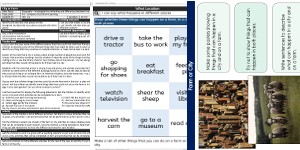
Lesson Three : City or Farm
Investigate and record some of the similarities and differences between the physical and political features found in a city or farm location
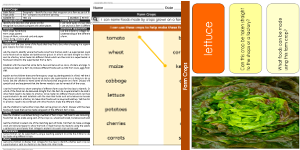
Lesson Four : Farm Crops
Identify, describe and compare some of the different types of crops and foods that are grown on a farm as part of the food chain

Lesson Five : Field to Plate
Explore and record the journey of a carrot from where it is harvested on a farm to the be sold in a shop and taken home by a family
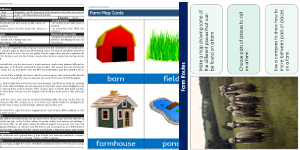
Lesson Six : Farm Routes
Practise using the four points of the compass to describe some of the different routes and locations that could be made around a farm
-

Maths Measurement Assessment
Assess abilities in estimating, measuring and comparing a range of different measurements for length, mass and capacity
-
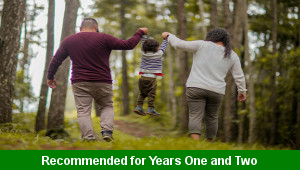
Family Life
Investigate and reflect on some of the special events and experiences that might happen in the life of a family
-

Final Sounds Word Guess
Practise playing some guessing and matching games to identify the spelling and meaning of words with different final sounds
-

Building Reports
Explore how to collect facts and information to work with when composing and presenting non-chronological reports about buildings that can be found in the local area
